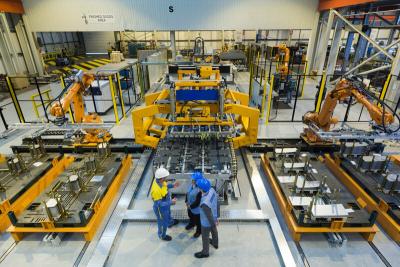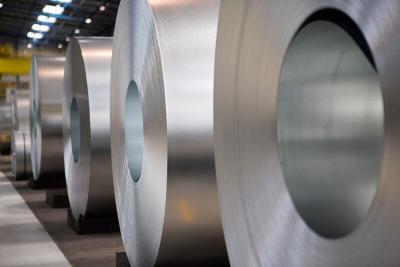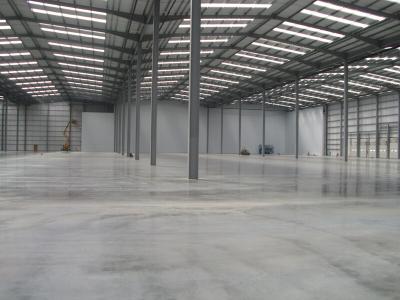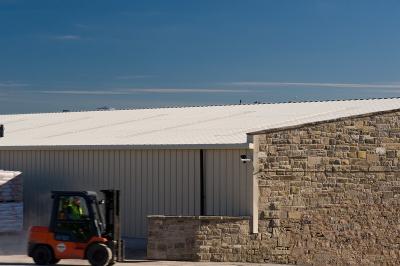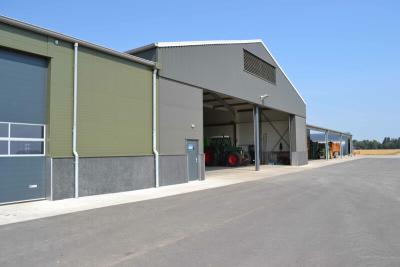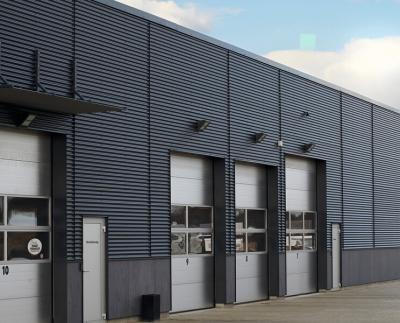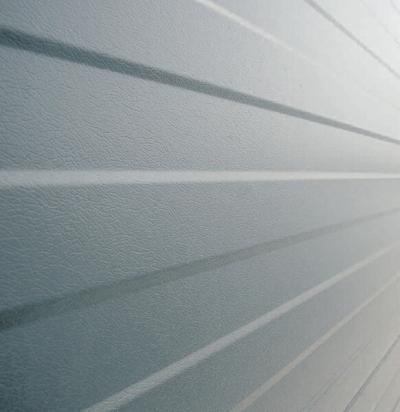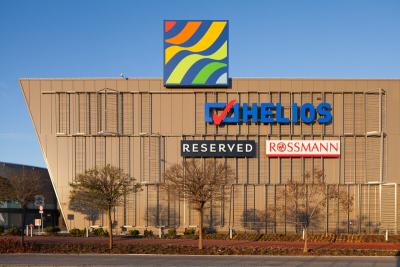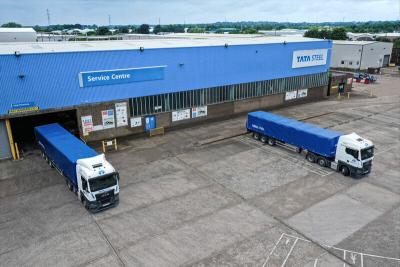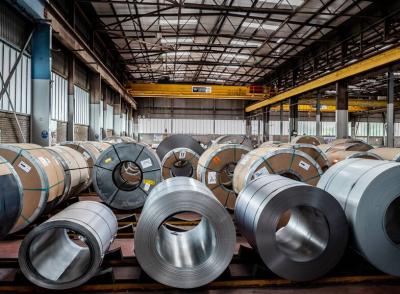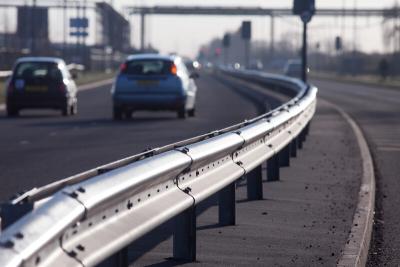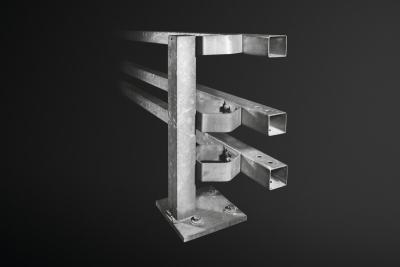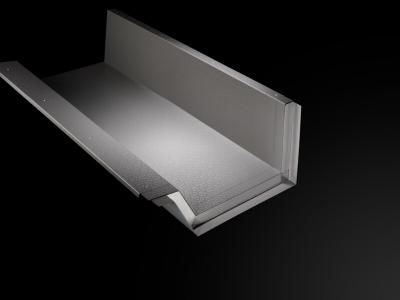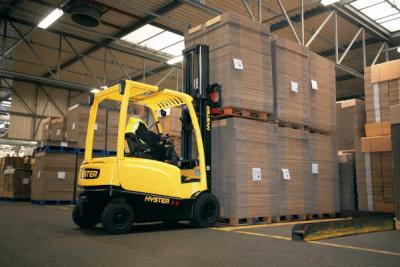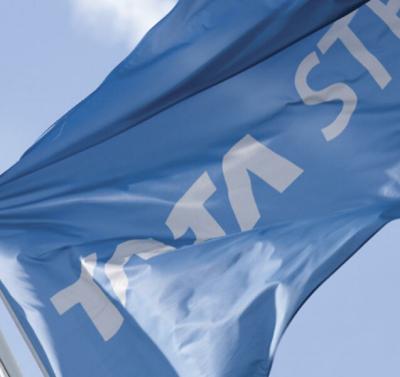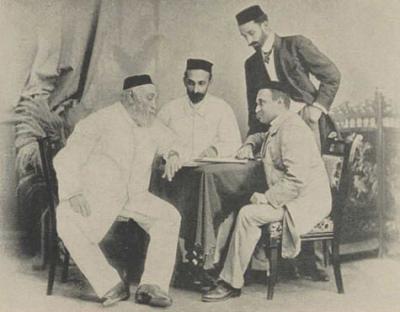When installing a Trisomet® steel faced insulated roof panel, the sealant might seem like an insignificant component. However, even though the sealant may not be seen, it is one of the roof’s vital parts. It controls air tightness and maintains the weatherability of the product.
A butyl strip tape is the traditional sealant used in both end and side laps of a Trisomet panel. It usually comes in the form of rolls, which can vary in thicknesses and shape and has a release paper.
Butyl tape is a synthetic rubber consisting of isoprene and copolymer. Which is why this sealant is super sticky.
These seals are affected by temperature, both ambient and the actual temperature of the roof material. Sealants have a temperature range for storage and will act differently when applied in extreme hot or cold conditions. Butyl compounds are easier to use if they are kept warm during very cold weather and kept cool during very hot weather.
The type of high-performance butyl seal specified on Trisomet® provides an excellent performance and outstanding durability when fitted correctly.
All that said, due to today’s building programs becoming tighter and tighter, and experienced labour getting harder and harder to obtain. Tata Steel have taken the decision to provide Trisomet® with a factory applied side lap sealant option, which we have abbreviated as FASS.
The side lap seal accounts for approximately 90% of the seals within the system.
During the development of the product we found that the best weatherability performance was provided when incorporating the FASS in conjunction with site applied butyl sealants at the end lap seals. This was due to the end lap being the most susceptible to capillary action and by applying butyl seals to the face of the product (which is the water face in practice) ensures the most effective seal.
The combination of the FASS and the site applied butyl end lap sealant was independently tested at the BRE in accordance with BS EN 12865, which is the recognised standard within BS EN 14509 for testing metal faced insulated panels for weatherability.
This test consisted of a fully assembled Trisomet® roof with both side and end lap configurations included. An airtight chamber was installed around the specimen with spray bars to the lid of the chamber. When being tested the spray bar system applied 1.2 l/m2/min to the external face of the Trisomet®. This was maintained for 20 mins then the sample was subjected to pulsating pressure from 0 to a predetermined pressure level. This continued for 10 mins for each pressure level until a failure occurred. The levels ranged from 150 Pa to a 1200 Pa.
The standard advises that the system should achieve watertightness to a pressure of 600 Pa for normal conditions.
The Trisomet® FASS testing showed evidence that the system is water-tight up to a pressure of 1200 Pa, which far surpasses this requirement.
This independent testing provides confidence that this specification will provide a high level of performance on site. This transition from test house to site will be made more dependable as the FASS is applied and quality checked within the factory to provide a consistent application. Hence reduced human error, problems in laying the seal in various weather conditions and sealant storage issues.
The introduction of the FASS will not only improve performance consistency; it will also increase efficiency with faster installation speeds and reduced demand on site labour.
The removal of separate materials from site will also reduce wastage and rubbish (boxes, release paper etc)
Watch this installation video below which shows the FASS and end lap combination or for more information please contact our Technical Department for further advice.









